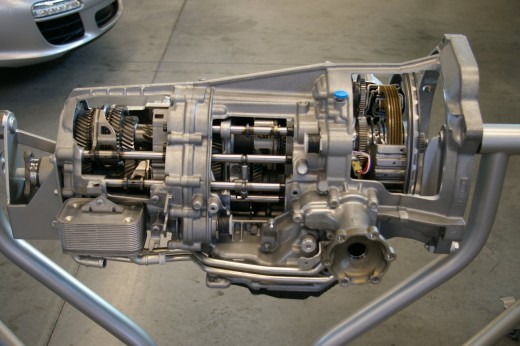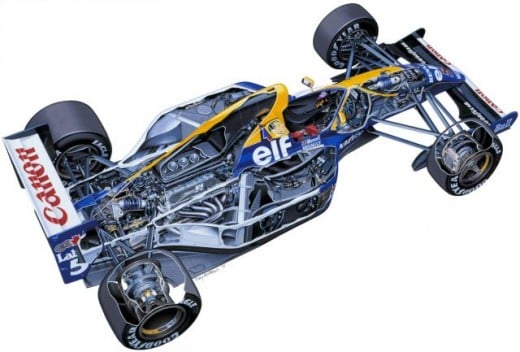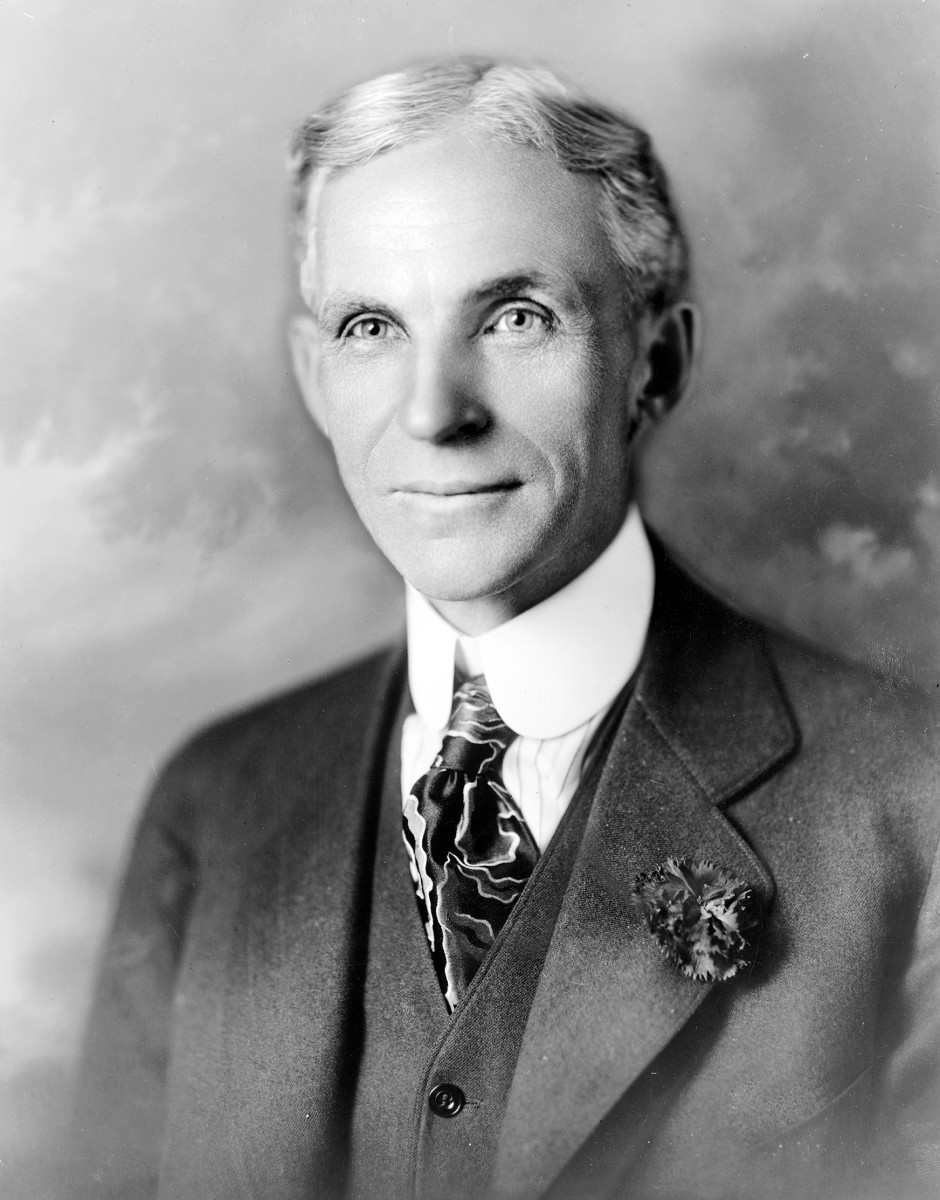Is Technology Making Cars Worse?
This is a topic that has created a lot of debate. This discussion gained momentum in the early 1990s with the FIA bans on Formula 1 driver aids. It has been argued that this technology detracts from the driving experience. The supporters of this argument claim that the best car is a simple one. The increased production of "simple" sports cars like the Scion FRS and Subaru BRZ seem to lend credence to this claim. However, us engineers and tech nerds often rebut by mentioning that these technologies outperform their human counterparts. This raises the performance levels of vehicles and, of course, a fast car is the most fun car. So which is more important, speed or fun? At what point does technology stop enhancing the driving experience and begin detracting from your fun behind the wheel?

Exotic sports cars now sport wet dual-clutch semi-automatic transmissions and we find the manual, stick shift type transmission slowly fading into the past. (Fun fact: the Dodge Viper is the only American made platform that does not offer an automatic transmission) But is the death of the manual transmission really a bad thing? Sure we enjoy slamming from gear to gear, but this new technology can shift quicker than we ever could and avoid interrupting the flow of power. The parasitic loss of automatic transmissions is also a thing of yesteryear. Computers can control the behavior of complicated systems to squeeze out better efficiency than we ever could. This really begs us to ask again, "Are we willing to sacrifice the joy of driving to raise the performance of our vehicles?"

Although we may not be able to truly settle this difference in opinions, maybe we can learn something from studying the reactions that technology has stirred among motorsport enthusiasts through the years. The technology vs. driving experience debate really goes back to the late 80's and early 90's when electronic driver aids began to emerge in Formula 1. The year 1994 saw the ban of four wheel steering, launch control, traction control, anti-lock braking systems, and perhaps most importantly, active suspension. The Williams FW14 Formula 1 car was designed by the all mighty Adrian Newey himself in 1991. Between 1991 and 1993 this car got to the pole 21 times, won 17 grand prixs, and earned a total of 289 points. All of this because of its advanced (for the time) electronic driver aids. This car played a large role in the subsequent ban of these technologies the following year.
Almost 20 years ago we had already begun to doubt the role of technology in the most technologically advanced motorsport to have ever existed. Think of all the technological advancements that have been made in the past 20 years. I for one, am pleasantly surprised the automobile is still here at all. Let's hope we have at least another 20 years of rear wheel drive sports cars to enjoy throwing around on sunny weekends.
What do you think?
Are modern cars already bloated with too much technology?
You might also like...
If you like this post, you might also like my articles on how anti lag systems work or phenolic intake gaskets and their performance benefits.



